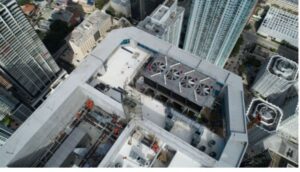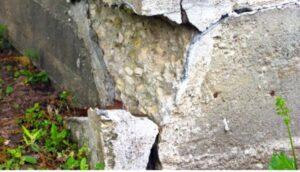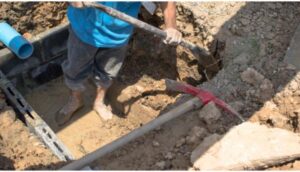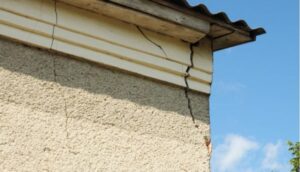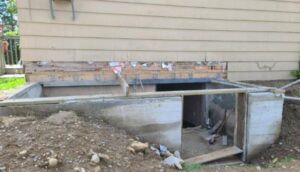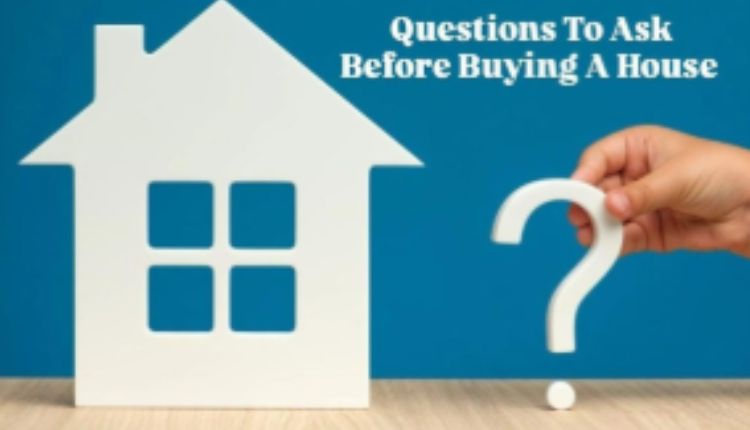
Buying a House
Buying a house is one of the most significant financial decisions ever. Whether you’re a first-time buyer or an experienced homeowner, it’s important to approach the process with careful consideration. Asking the right questions can help you avoid pitfalls and ensure you’re making a sound investment. Here are some essential questions to ask before buying a house.
1. What Is the Neighborhood Like?
The neighborhood in which your potential home is located can significantly affect your quality of life and the value of the property over time. Before committing to a purchase, it’s crucial to assess the neighborhood’s safety, amenities, and overall environment. Take a walk around the area, check out local parks, schools, shops, and public transport options. Look into crime rates and potential for future development. The neighborhood should complement your lifestyle and needs, whether you prioritize quiet surroundings or proximity to social activities.
2. Are There Any Upcoming Development Projects?
Finding out if there are any upcoming construction projects in the area is essential. New developments, such as shopping centers, commercial properties, or even public infrastructure projects, can both positively and negatively affect your property’s value. While new developments may increase the area’s appeal and amenities, they can also lead to noise, traffic congestion, and a shift in the community dynamics. Always check with the local municipality or city planning office to stay informed about any upcoming projects.
3. What Is the Condition of the House?
Before buying any home, make sure you understand its condition. A professional home inspection can identify structural issues, plumbing problems, electrical concerns, and other potential repairs or maintenance needs. Additionally, inquire about the age of major systems in the house, such as the roof, HVAC, plumbing, and electrical wiring. Knowing the current condition of the house allows you to plan for repairs and understand any potential costs you’ll incur after the purchase.
4. Are There Any Hidden Costs?
When budgeting for a new home, it’s easy to focus only on the sale price. However, there are additional costs to consider, such as property taxes, homeowner association fees (HOA), insurance, maintenance costs, and utilities. Some homes may come with hidden expenses, such as necessary renovations or upgrades. Be sure to account for these costs in your budget to avoid being caught off guard later on.
5. What Is the Resale Value?
Even if you plan to live in your home for years to come, it’s important to consider its resale value. Life circumstances change, and you might need to sell the house in the future. Look for factors that could influence the home’s future value, such as location, the home’s condition, and demand for properties in the area. You can consult with real estate agents who can give you an estimate of the home’s resale potential.
Conclusion
Buying a house is more than just finding a place to live. It’s about making a long-term investment that will suit your needs and lifestyle. By asking the right questions, such as those about the neighborhood, the house’s condition, and potential hidden costs, you can make a more informed and confident decision. Remember, this is a big commitment, and understanding all aspects of the property ensures that you’re setting yourself up for success.
